The PCOR Partnership—funded by the U.S. Department of Energy (DOE) National Energy Technology Laboratory (NETL) through its Regional Carbon Sequestration Partnerships Initiative, the North Dakota Industrial Commission (NDIC), and partner organizations—is accelerating the commercial deployment of CCUS. The Energy & Environmental Research Center (EERC) leads the PCOR Partnership, with support from the University of Wyoming and the University of Alaska Fairbanks.
The PCOR Partnership is addressing regional capture, transport, use, and storage challenges facing commercial CCUS deployment by focusing on:
the technical foundation for geologic CO2 storage and enhanced oil recovery.
application of monitoring technologies.
integration between capture, transportation, use, and storage industries.
scientific support to regulators and policy makers.
capture technologies.
regulatory frameworks.
In Phase I of the program, work focused on characterizing more than 900 major stationary sources of CO2 as well as the geologic storage layers suitable for CO2 storage in the PCOR Partnership region.
In Phase II, four small-scale field validation tests were completed. These field projects were designed to build the core of local technical expertise and experience needed to facilitate future large-scale CO2 sequestration efforts in the region.
The Phase III program focused on implementing commercial-scale geologic carbon sequestration demonstration projects in the region.
The PCOR Partnership is building on the combined 24 years of expertise of the PCOR Partnership and the Partnership for CO2 Capture (PCO2C). The applied research, collaboration, and extensive technical knowledge base are the foundation for launching the new initiative.
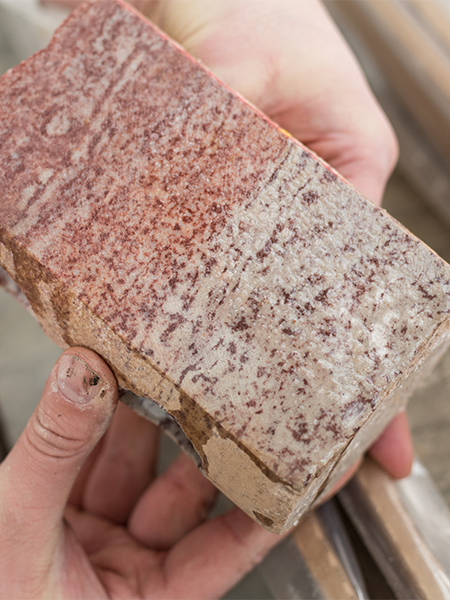
The PCOR Partnership has identified and continues to refine the characterization of CO2 sources, geologic storage targets, and existing infrastructure within the region.
REGIONAL CHARACTERIZATION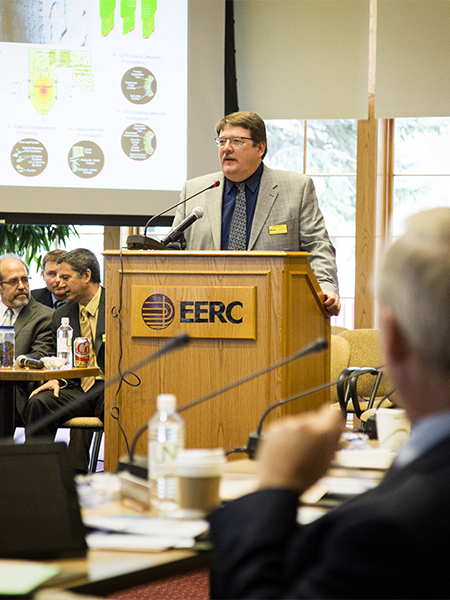
The PCOR Partnership stays abreast of federal legislative actions occurring in the United States and Canada and follows the developments of various state, provincial, and regional initiatives to ensure partners are informed about any current or pending permitting issues.

Using sophisticated analytical, computer modeling, and simulation techniques, the PCOR Partnership is determining the suitability of potential storage sites and the long-term fate of the injected CO2 in storage formations.
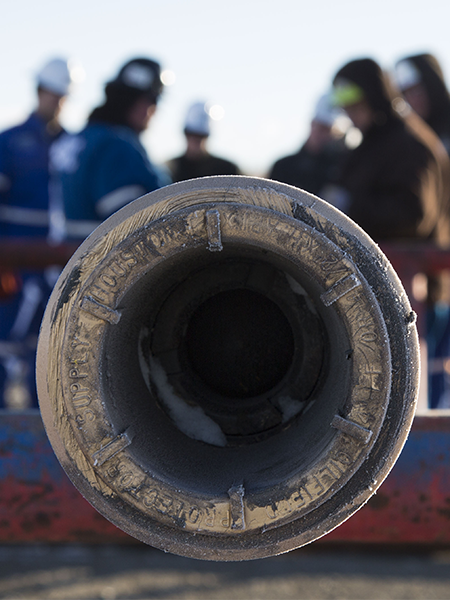
The PCOR Partnership provides technical and strategic support for the infrastructure planning needed to deploy CCUS on a wide-scale regional basis.


Monitoring data can be used to 1) assure that CO2 injection operations do not adversely impact human health or the environment and 2) account for the storage of injected CO2 and verify that it stays in the subsurface.
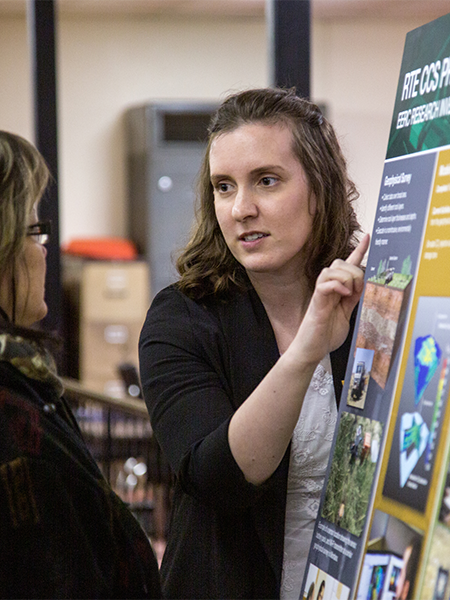
Raising awareness for CO2 storage opportunities and real-world demonstrations in the region is accomplished through maintaining a public website, conducting public presentations, producing documentaries, and disseminating outreach materials.
RESOURCES
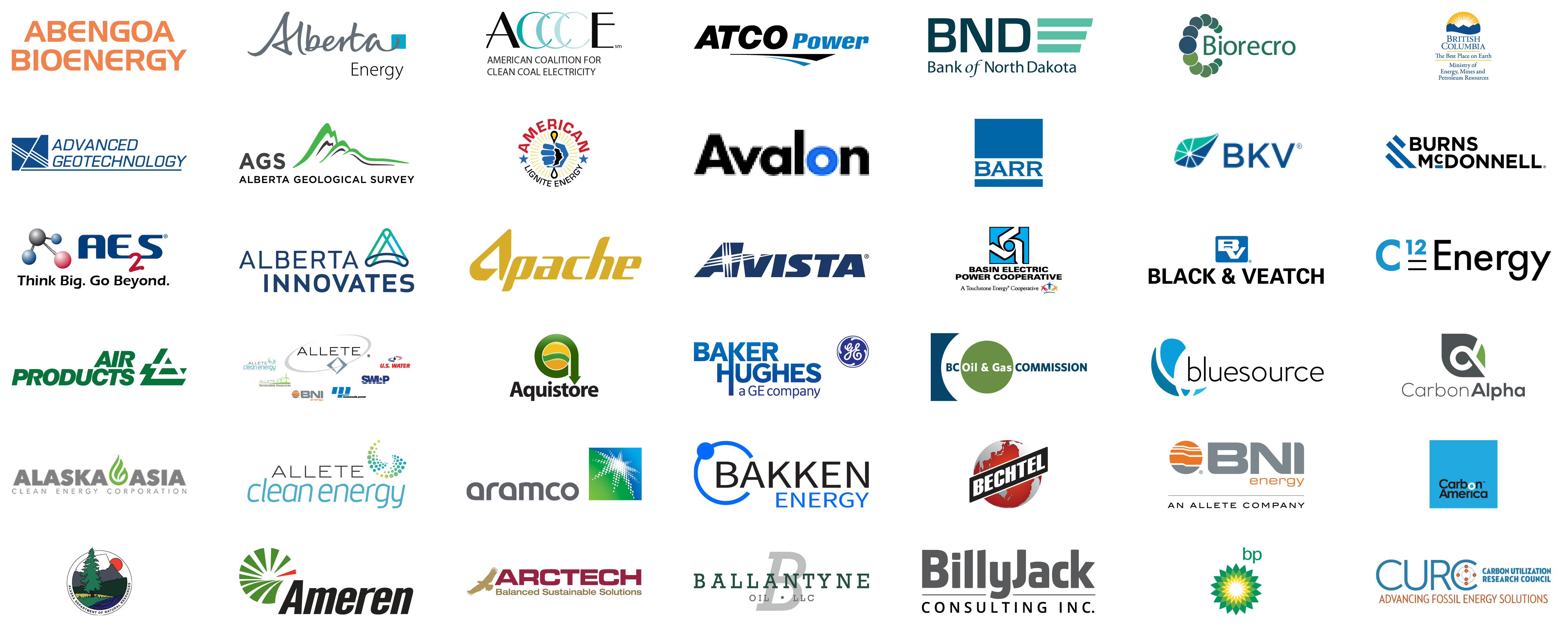
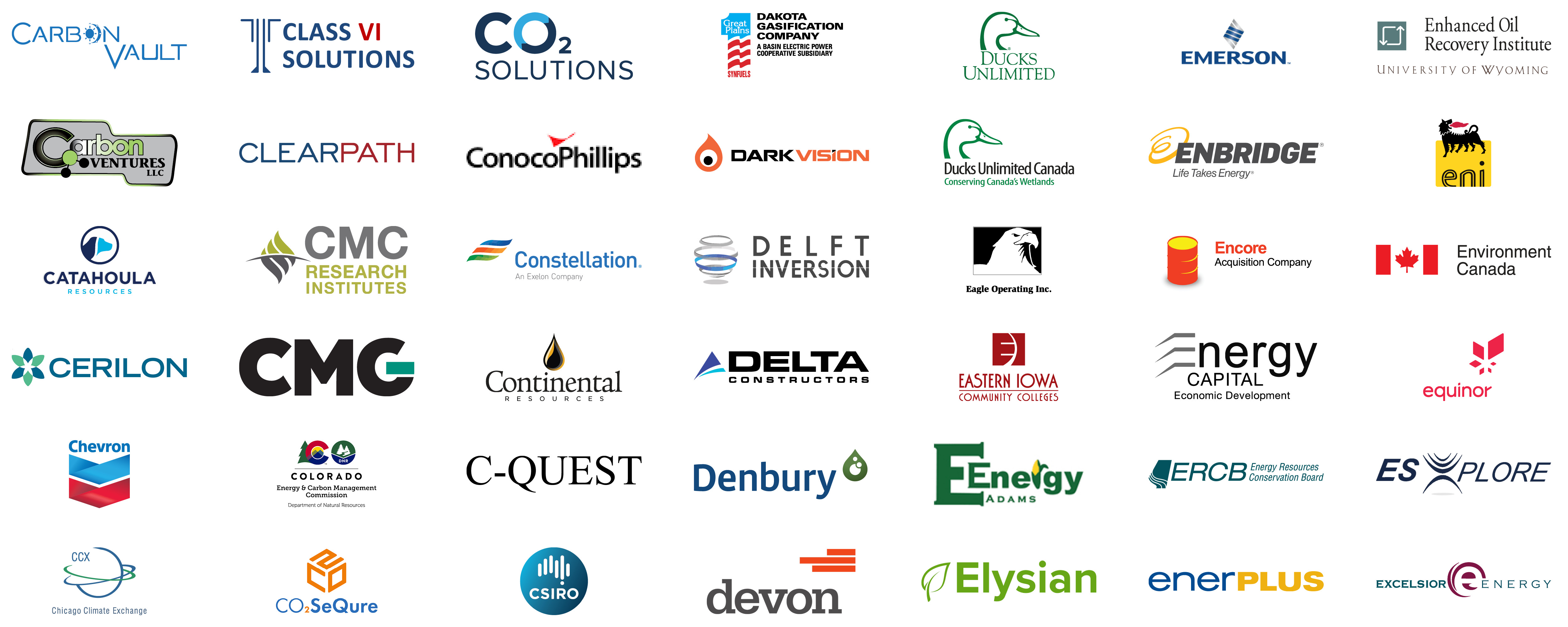
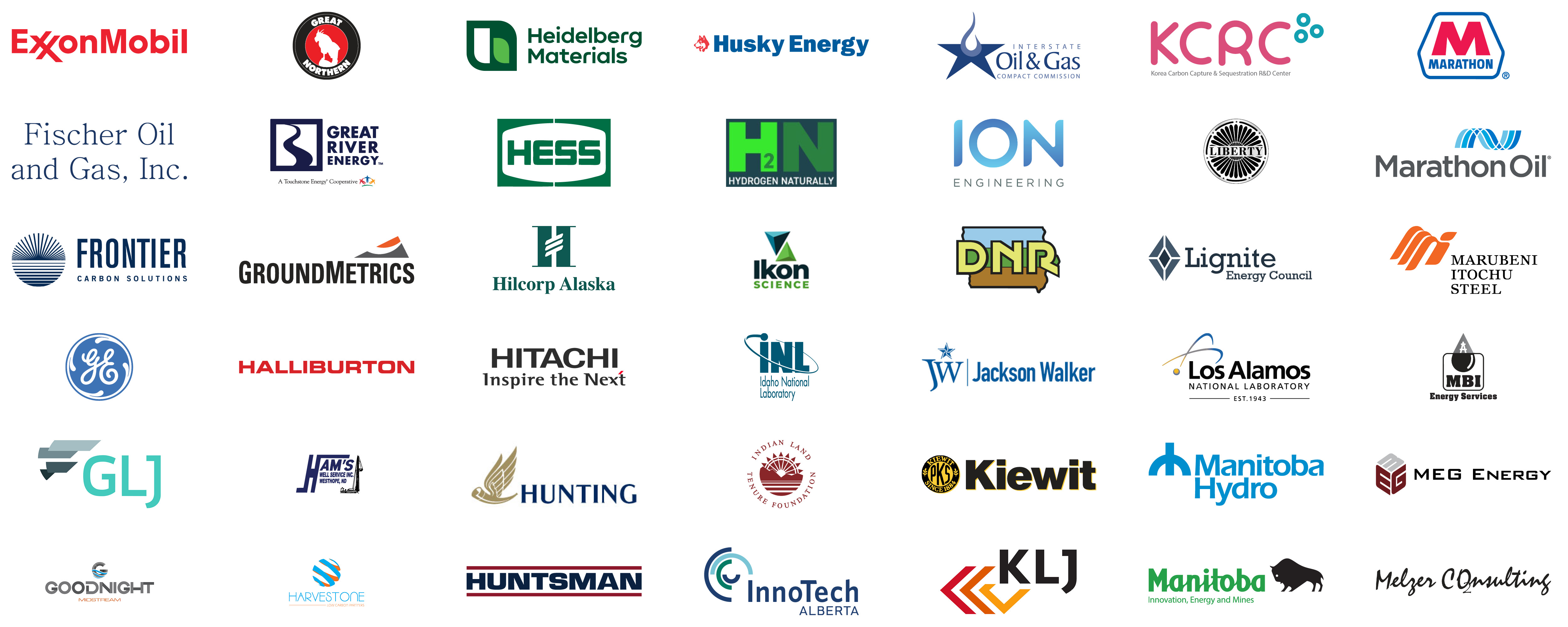
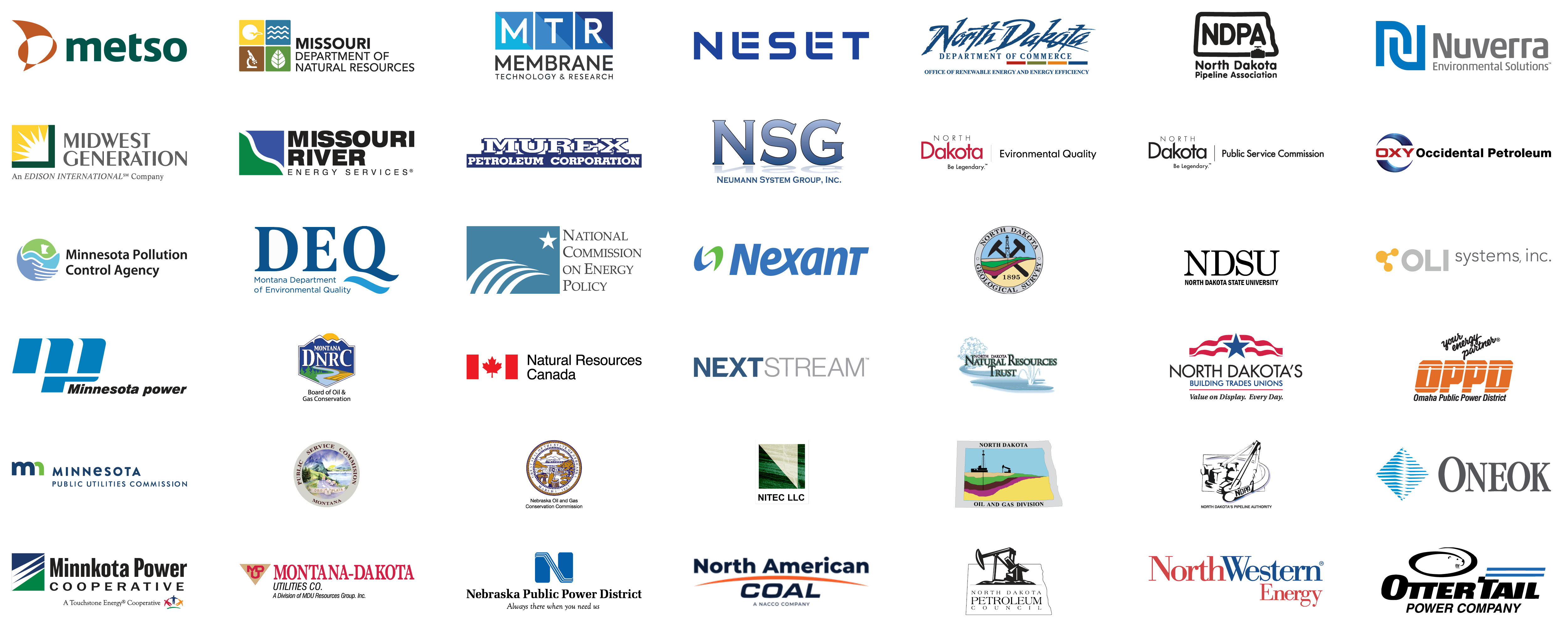
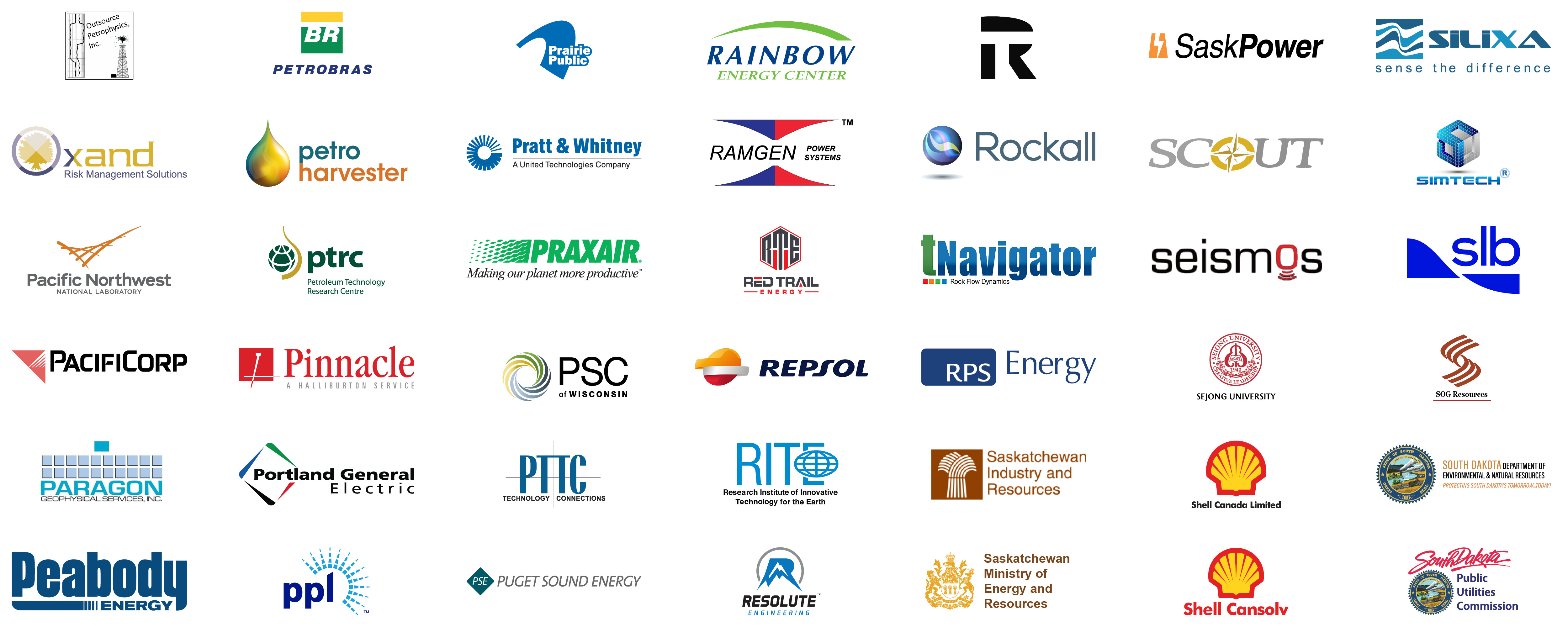

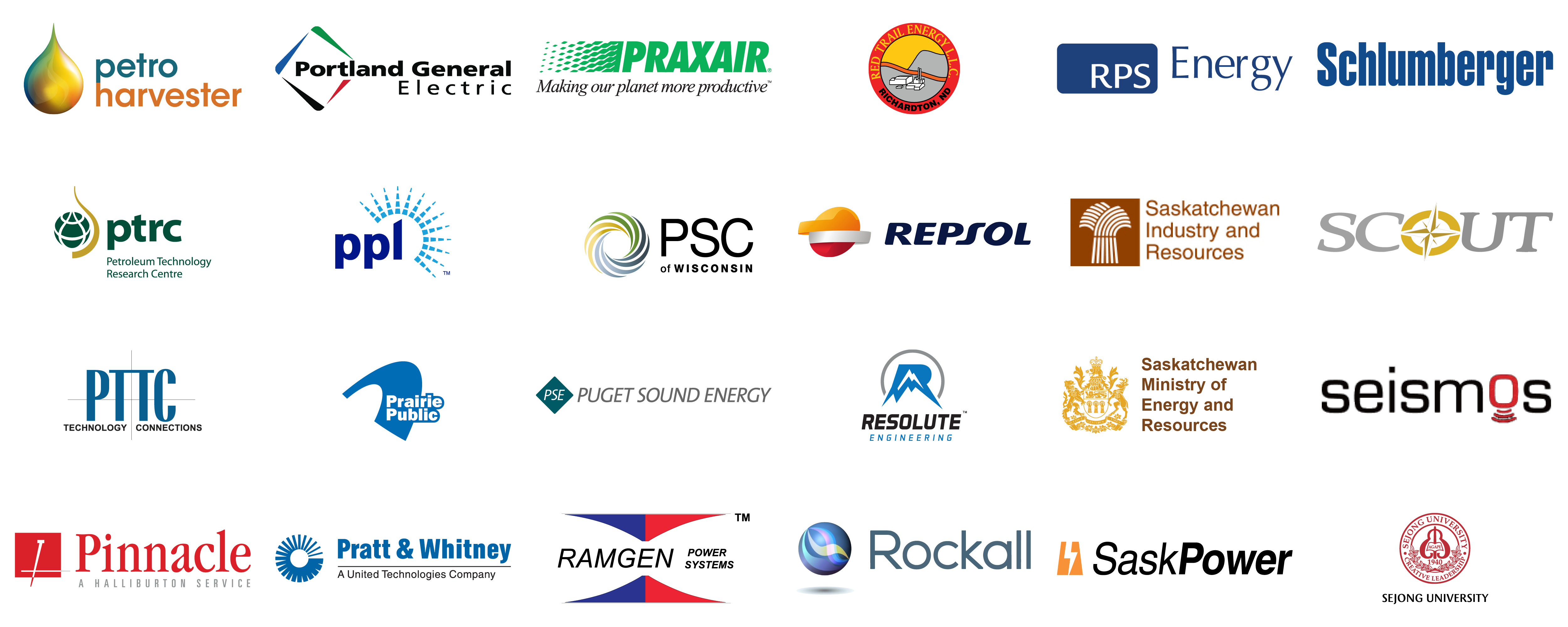
Membership provides unique opportunities to develop working relationships with stakeholders representing a diverse cross section of CO2 producers, end users, environmental groups, and regulators.
All PCOR Partnership members are encouraged to attend the annual meeting, which provides partner networking opportunities and the latest advancements in CO2 management on a regional level. Topics highlight recent program accomplishments, CO2 storage strategies and technologies, regulatory and infrastructure developments, and future carbon capture, utilization, and storage activities in the region.